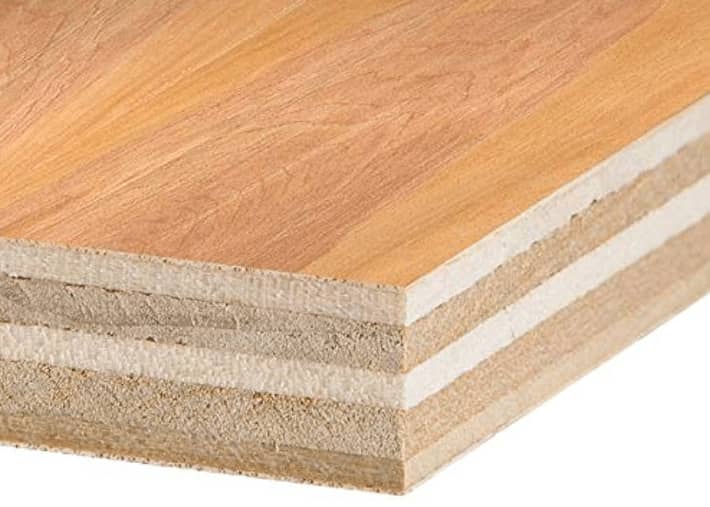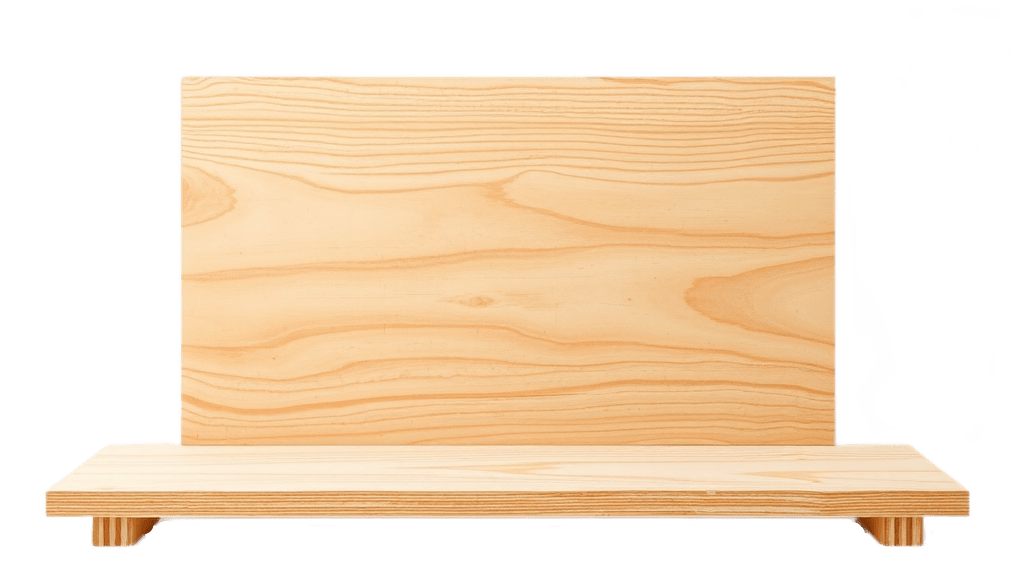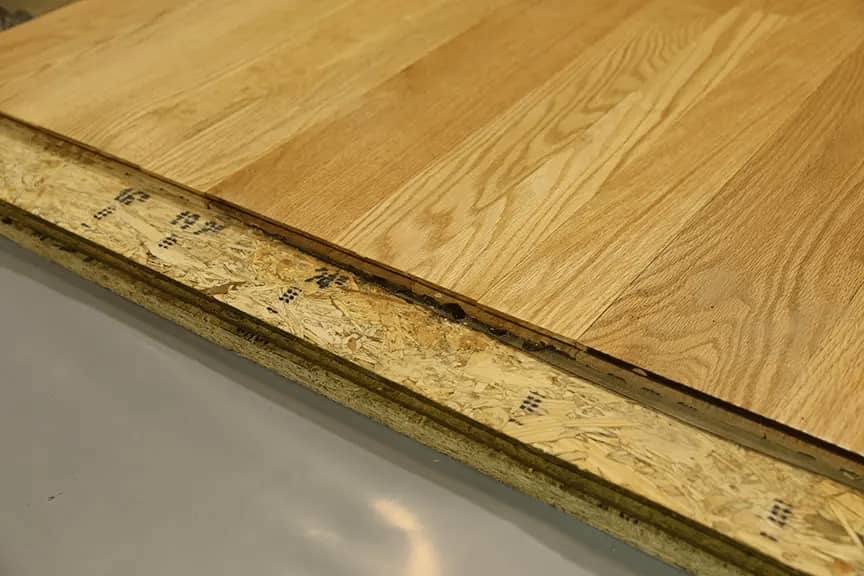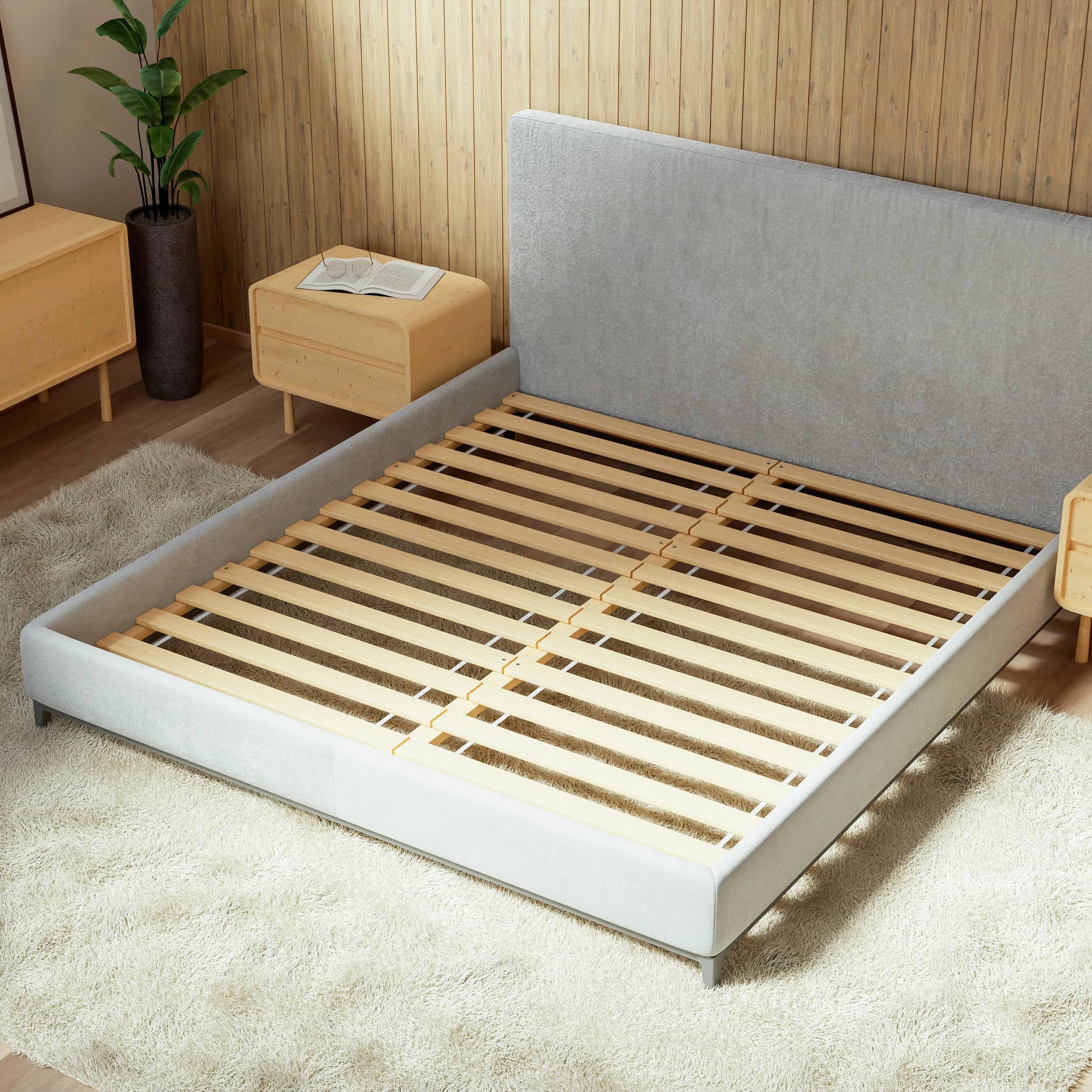In the bustling world of construction, manufacturing, and design, where efficiency and cost-effectiveness reign supreme, few materials can rival the sheer versatility, affordability, and practicality of plywood. It’s the unsung hero of countless projects, providing a reliable and adaptable solution for a diverse range of applications. And when it comes to securing a steady stream of high-quality plywood at prices that won’t break the bank, wholesale sourcing emerges as the strategic choice for businesses of all sizes, from seasoned veterans to ambitious startups.
This comprehensive guide delves deep into the world of wholesale plywood, equipping you with the knowledge and insights needed to navigate this competitive market with confidence. We’ll explore the compelling benefits of buying plywood in bulk, demystify the various types and grades available, and provide expert tips for selecting the perfect wholesale partner for your unique needs.
Why Go Wholesale? The Benefits of Buying Plywood in Bulk
Imagine this: you’re a construction firm embarking on a large-scale residential project, or a furniture manufacturer gearing up to meet a surge in demand. In both scenarios, securing a consistent and cost-effective supply of plywood is paramount to your success. This is where wholesale purchasing shines, offering a compelling set of advantages over traditional retail sourcing:
- Significant Cost Savings: Wholesale plywood suppliers operate on the principle of volume – the more you buy, the less you pay per unit. This translates to substantial discounts compared to retail prices, freeing up valuable capital to reinvest in your business or enhance your profit margins.
- Consistent Quality and Supply: Reputable wholesale plywood suppliers have established rigorous quality control measures and maintain strong relationships with trusted mills. This ensures you receive plywood that consistently meets your specifications, eliminating the headache of dealing with inconsistent materials or unexpected delays.
- Wide Selection and Variety: Wholesale suppliers typically boast expansive inventories, offering a diverse range of plywood types, grades, thicknesses, and sizes to meet the demands of any project. This eliminates the need to juggle multiple vendors, simplifying your procurement process and saving you valuable time.
- Stronger Supplier Relationships: Wholesale partnerships are built on trust and mutual benefit. By establishing a direct relationship with a wholesale plywood supplier, you open the door to open communication, potential volume discounts, flexible payment terms, and priority service – perks that can significantly impact your bottom line over time.
Navigating the World of Plywood: Types, Grades, and Applications
Before diving headfirst into the world of wholesale plywood, it’s crucial to arm yourself with a solid understanding of the different types, grades, and applications of this versatile material. This knowledge will empower you to make informed purchasing decisions and select the right plywood for the job, every time:
Types of Plywood:
- Sanded Plywood: As the name suggests, sanded plywood undergoes an additional finishing process to achieve a smooth, polished surface. It’s the go-to choice for applications where aesthetics matter, such as furniture making, cabinetry, high-end shelving, and interior wall paneling where a pristine finish is desired.
- Sheathing Plywood: Engineered for strength and structural integrity, sheathing plywood is the workhorse of the construction industry. It’s commonly used for roofing, flooring, wall sheathing, and other applications where providing a stable and robust substrate is essential.
- Exterior Plywood: Designed to withstand the elements, exterior plywood is treated with specialized resins to resist moisture, humidity, temperature fluctuations, and decay. It’s the ideal choice for outdoor projects, including siding, roofing, soffits, and any application exposed to the elements.
- Marine Plywood: As the name implies, marine plywood is specifically engineered for use in boat building, docks, piers, and other marine environments. It’s constructed using high-quality, marine-grade wood veneers and waterproof adhesives to withstand prolonged exposure to moisture and resist rot, decay, and delamination.
Plywood Grades:
Plywood grading is a standardized system used to classify panels based on their appearance and the presence of natural wood characteristics like knots, color variations, and grain patterns:
- Grade A: The crème de la crème of plywood, Grade A panels boast a smooth, blemish-free surface, making them ideal for high-end furniture, cabinetry, and any application where a flawless finish is paramount.
- Grade B: Allowing for minor imperfections like small knots and slight color variations, Grade B plywood offers a balance of quality and affordability. It’s suitable for projects where appearance is a factor, but minor imperfections won’t detract from the overall aesthetic.
- Grade C: Grade C plywood may exhibit more noticeable imperfections, such as larger knots, knotholes, and more pronounced color variations. It’s commonly used for structural applications, subflooring, sheathing, and projects where the surface will be covered by other materials.
- Grade D: The most economical grade, Grade D plywood allows for the most significant imperfections, including knotholes, knots, and color variations. It’s typically used for subflooring, sheathing, concrete formwork, and other applications where appearance is not a primary concern.
Finding the Right Wholesale Partner: Key Considerations
Selecting the right wholesale plywood supplier is akin to choosing a business partner – it’s a decision that can significantly impact your operations, profitability, and overall success. To ensure you’re partnering with a supplier who aligns with your values and business goals, carefully consider these essential factors during your evaluation process:
- Reputation and Experience: In the world of wholesale, reputation is everything. Look for suppliers with a proven track record of reliability, quality, and customer satisfaction. Delve into online reviews, explore industry forums, and seek recommendations from trusted colleagues or business associates who have experience with wholesale plywood suppliers.
- Product Quality and Certifications: Don’t compromise on quality. Ensure the supplier offers plywood that meets or exceeds your specific quality standards and holds relevant industry certifications. For example, look for certifications from organizations like the Forest Stewardship Council (FSC), which indicate the plywood is sourced from responsibly managed forests.
- Pricing and Payment Terms: While competitive pricing is undoubtedly important, it shouldn’t be the sole factor driving your decision. Compare pricing from multiple suppliers, but also carefully consider factors like minimum order quantities, delivery costs, payment terms, and potential volume discounts to determine the overall value proposition.
- Customer Service and Communication: A responsive and customer-centric supplier can make all the difference. Choose a supplier who prioritizes clear and timely communication, responds promptly to your inquiries, and demonstrates a genuine commitment to building a strong, long-term partnership.
- Location and Logistics: Evaluate the supplier’s location and their ability to deliver your orders efficiently and cost-effectively. Factor in transportation costs, lead times, and the supplier’s overall logistics network when making your decision.
Maximizing Your Wholesale Plywood Investment: Tips for Success
Once you’ve partnered with a trusted wholesale plywood supplier, follow these expert tips to maximize your investment, streamline your operations, and ensure a smooth and profitable experience:
- Plan Ahead and Forecast Your Needs: Accurate forecasting is the cornerstone of efficient inventory management. By anticipating your plywood needs well in advance, you can take advantage of bulk discounts, avoid costly rush orders, and minimize the risk of project delays due to material shortages.
- Understand Plywood Grading: Don’t overspend on higher grades of plywood than your project dictates. Carefully assess the intended application, considering factors like visibility, finish requirements, and structural demands, and choose the most cost-effective grade that meets your quality standards.
- Inspect Shipments Upon Arrival: Never assume a shipment is correct without verifying it yourself. Always inspect your plywood deliveries upon arrival to confirm the quantity, quality, and condition of the materials. If you encounter any discrepancies, address them with your supplier immediately to initiate a swift resolution.
- Proper Storage is Key: Plywood, like any wood product, is susceptible to moisture damage, warping, and other issues if not stored correctly. Always store plywood flat in a dry, well-ventilated area, using stickers between sheets to allow for air circulation and prevent moisture buildup.
Wholesale Plywood: A Sustainable Choice for the Future
In an era where environmental responsibility is no longer optional, sourcing wholesale plywood from sustainable and ethical suppliers aligns with a forward-thinking business approach:
- Sustainably Managed Forests: Prioritize suppliers who source their plywood from forests certified by reputable organizations like the Forest Stewardship Council (FSC). This certification ensures the wood is harvested using responsible forestry practices that protect biodiversity, prevent deforestation, and promote the long-term health of our planet’s forests.
- Reduced Waste and Transportation: Wholesale purchasing inherently reduces waste by consolidating orders and minimizing packaging requirements. Additionally, by sourcing from strategically located suppliers, you can optimize transportation routes, reduce fuel consumption, and minimize the overall carbon footprint of your plywood procurement.
- Durable and Renewable Resource: Plywood, when sourced responsibly, is a durable and renewable building material. By choosing plywood over less sustainable alternatives, you’re contributing to a circular economy that minimizes waste, reduces reliance on finite resources, and promotes a more sustainable future for the construction and manufacturing industries.


Frequently Asked Questions About Wholesale Plywood
1. What are the typical minimum order quantities for wholesale plywood?
Minimum order quantities (MOQs) can vary significantly depending on the supplier, the type of plywood you’re ordering, and the overall volume of your purchase. Some suppliers may have flexible MOQs for first-time customers or smaller businesses. It’s always best to contact potential suppliers directly to inquire about their specific MOQ requirements.
2. Can I request custom sizes or thicknesses of plywood from wholesale suppliers?
Many wholesale plywood suppliers are equipped to handle custom orders, including specific sizes, thicknesses, or even pre-cut pieces to your exact specifications. This can be particularly beneficial for projects with unique dimensional requirements or those seeking to minimize on-site cutting and waste. Discuss your custom needs with potential suppliers to determine their capabilities and any associated costs.
3. What are the standard sheet sizes for plywood?
The most common standard sheet size for plywood is 4 feet by 8 feet (48 inches by 96 inches). This versatile size is suitable for a wide range of applications and is often the most cost-effective option. However, other standard sizes may be available, and some suppliers offer custom cutting services to provide sheets in non-standard dimensions.
4. How do I determine the right grade of plywood for my project?
Choosing the appropriate plywood grade requires careful consideration of the intended application and your specific quality requirements. For applications where appearance is paramount, such as furniture or cabinetry, Grade A or B is typically the best choice. For structural applications or projects where the plywood will be covered by other materials, Grade C or D may suffice, offering a more cost-effective solution without compromising structural integrity.
5. What are the advantages of working with a local wholesale plywood supplier?
Partnering with a local wholesale plywood supplier can offer several advantages, including reduced transportation costs, faster delivery times, and the opportunity to build a stronger, more personalized business relationship. Local suppliers are often more attuned to regional market trends, pricing fluctuations, and specific customer needs, allowing them to provide tailored solutions and exceptional service.
Conclusion: Building a Solid Foundation with Wholesale Plywood
In the competitive landscape of modern business, sourcing wholesale plywood emerges as a strategic imperative for companies seeking to optimize their material costs, streamline their procurement processes, and secure a consistent supply of high-quality plywood. By understanding the nuances of the wholesale market, partnering with reputable suppliers, and implementing smart purchasing practices, you can unlock significant value, reduce your environmental impact, and build a solid foundation for your business’s continued growth and success.



